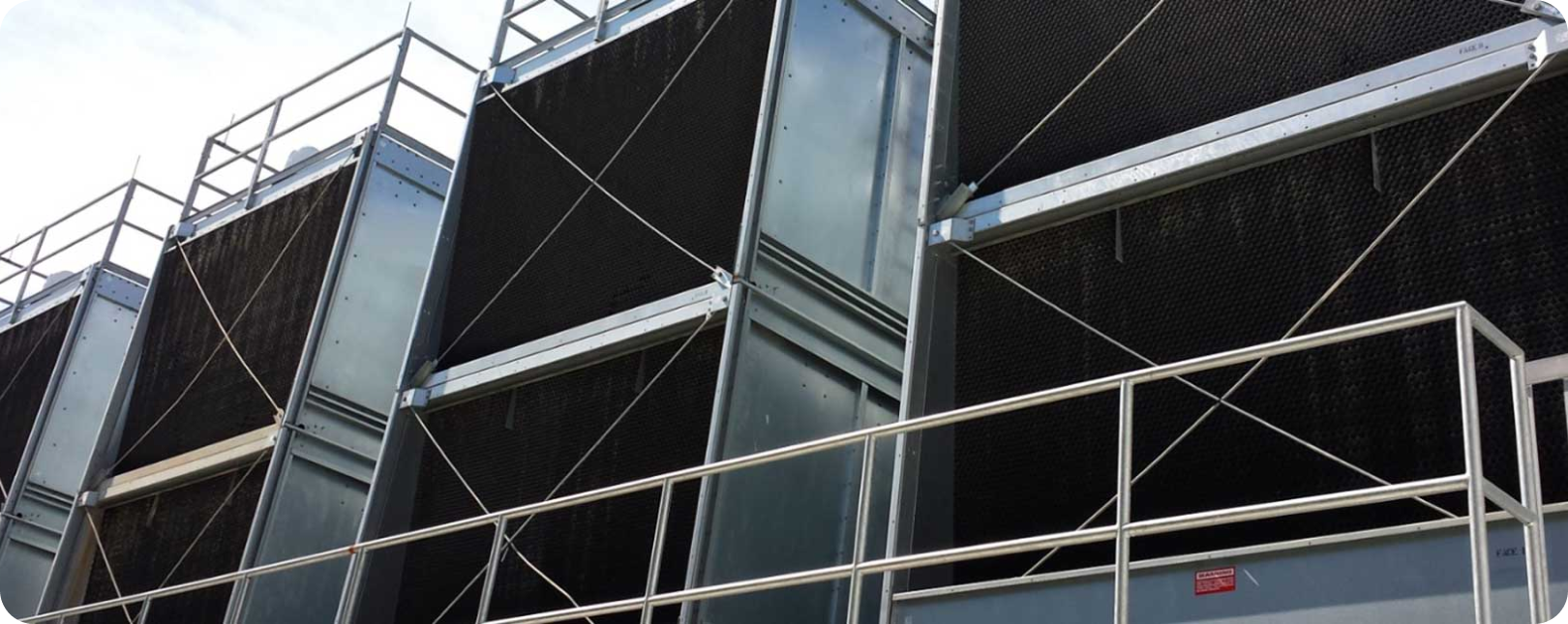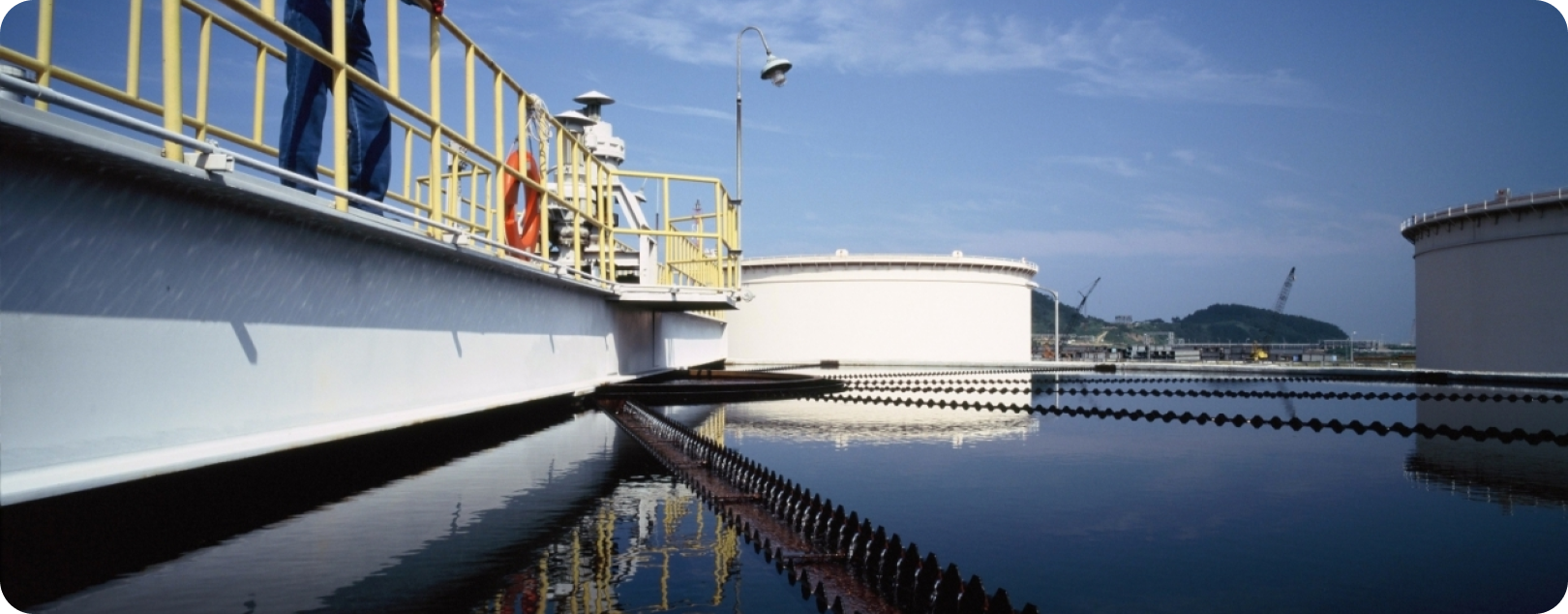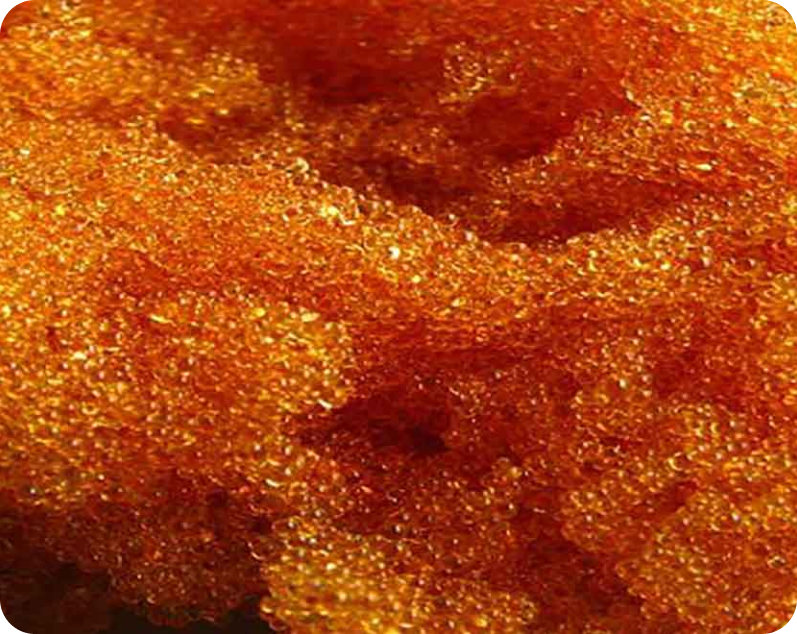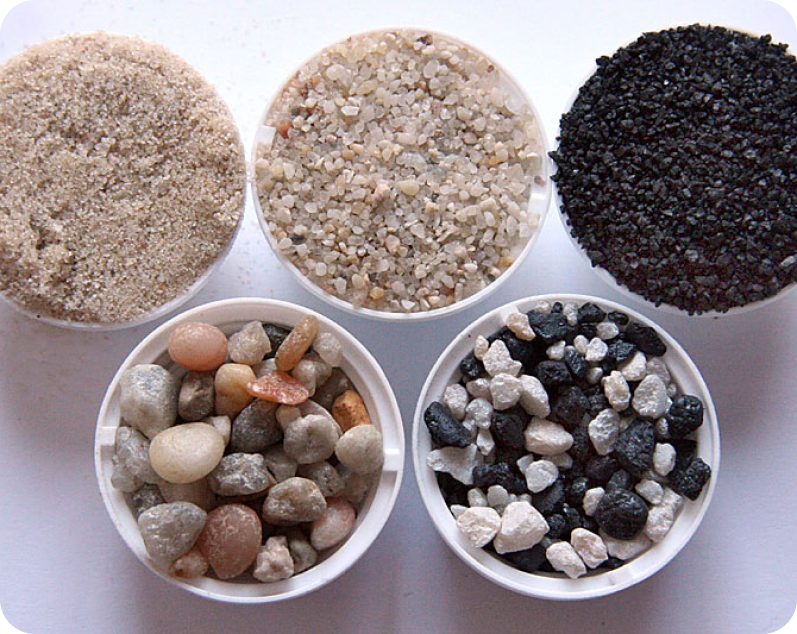

Total Water Management

Problems with water
Naturally occurring impurities in water can cause equipment to be subjected to fouling, scale formation, corrosion or rusting, and growth of microorganisms. Left uncontrolled, any of these conditions will cause a loss of system capacity, reduced energy efficiency and shortened equipment life.
If a process heating, cooling or waste water system fails, often the entire plant or facility must shut down and suffer the economic consequences.
Lack of attention to water related problem is often cause for failure that cost time, money, production and aggravation.
Solving water problems
Using chemicals and related mechanical means to control water related problems is part of Total Water Management.
Chemical treatment as a part of water management provides to control these problems, extend equipment life, conserve water and operate systems at peak efficiency.
Through effective water management, industries can achieve maximum return on investments by extending equipment life, increasing efficiency and preventing costly repairs as well as downtime of production line.
Economic Impact
Properly applied, Total Water Management costs a facility nothing.
Money spec for products and services are repaid through reductions in energy costs and improvements in system efficiency.
When the benefits are calculated, the financial return on Total Water Management investments is outstanding.

Scaling
As water is heated and converted into steam, contaminants brought into a boiler with makeup water are left behind.
The boiler functions as a distillation unit, taking pure water out as steam and leaving behind concentrated minerals and other contaminants in the boiler.
Scale forms as a result of the precipitation of normally soluble solids that become insoluble as temperature increases.
Some examples of boiler scale are calcium carbonate, calcium sulphate, and calcium silicate
Corrosion
Corrosion is a general term that indicates the conversion of a metal into a soluble compound.
In the case of boiler metal, corrosion is the conversion of steel into rust.
In boiler, two types of corrosion are Prevalent:
1) Oxygen pitting corrosion, seen on the tubes and in the boiler section.
2) Low pH corrosion, seen in the condensate return system.
Corrosion of either type can lead to failure of critical parts of the boiler system, deposition of corrosion products in critical heat exchange areas and overall efficiency loss.
Carryover
Carryover is caused by either priming or foaming.
Priming is the sudden violent eruption of boiler water which is carried along with steam out of the boiler, usually caused by mechanical conditions. Priming can cause deposits in and around the main steam header valve in a short period of time. Foaming causes carryover by foaming a stable froth on the boiler water, which is then carried out with the steam. Over a period of time, deposits due to foaming can completely plug a steam or condensate line.

Scaling
Water formed deposits result from naturally occurring minerals precipitating from water to form scale.
The most common scales are calcium carbonate, calcium sulphate and silica or silicates. Scale buildup on surfaces can be extremely hard and difficult to remove. Scaling will drastically reduce heat transfer capacity and system energy efficiency.
Corrosion
Cooling systems are exposed to many types of corrosion, from general electro-chemical corrosion to pitting caused by deposits, electrolysis or micro-organisms. Corrosion can reduce the life-span of equipment by years, requiring expensive replacement.
It can lead to costly equipment repairs and production downtime. Corrosion related deposits lead to reduced capacity and wasted energy because of heat transfer efficiency losses.
Fouling
Fouling occurs when solid materials form or contribute to the formation of deposits on equipment surfaces.
They are introduced to the system as suspended solids and may enter by makeup water from corrosion by products or as airborne materials. Example mud, sand, silt, clay, oils, debris, organics, microbes, etc. These material adhere to heat transfer surfaces and reduce heat transfer and water flow.
Microbiological Contamination
Microbial problems associated with industrial cooling water systems are caused by algae, fungi and bacteria.
They cause plugging, fouling, corrosion and destruction of wooden cooling tower components. Many different bacteria species may exist in cooling water systems. Some of the problems caused include severe bacterial slimes and fouling, sulphuric acid, under deposit corrosion and health hazards.

In view the supply of river or well water to the palm oil mill as feed water used for boiler and also human consumption.
Feed water must be treated to meet the mill requirement. Raw water treatment chemical are used in conjunction with Setting Pond, Clarifier Station, Multi Media Filter, Sand filter and Ion Exchange Water Softener is often necessary for mills operation.


Scaling problem in boilers, pipes and heating system in usually caused by hardness of salts such as Calcium and Magnesium.
These salt will contribute to the formation of scales or deposit in the boiler heating surface. Scale not only reduce heat transfer and lower boiler efficiency but also cause overheating of boiler tube / tube failure.
It is therefore advisable to remove these scale forming salt from feed water by using water softening resin.

